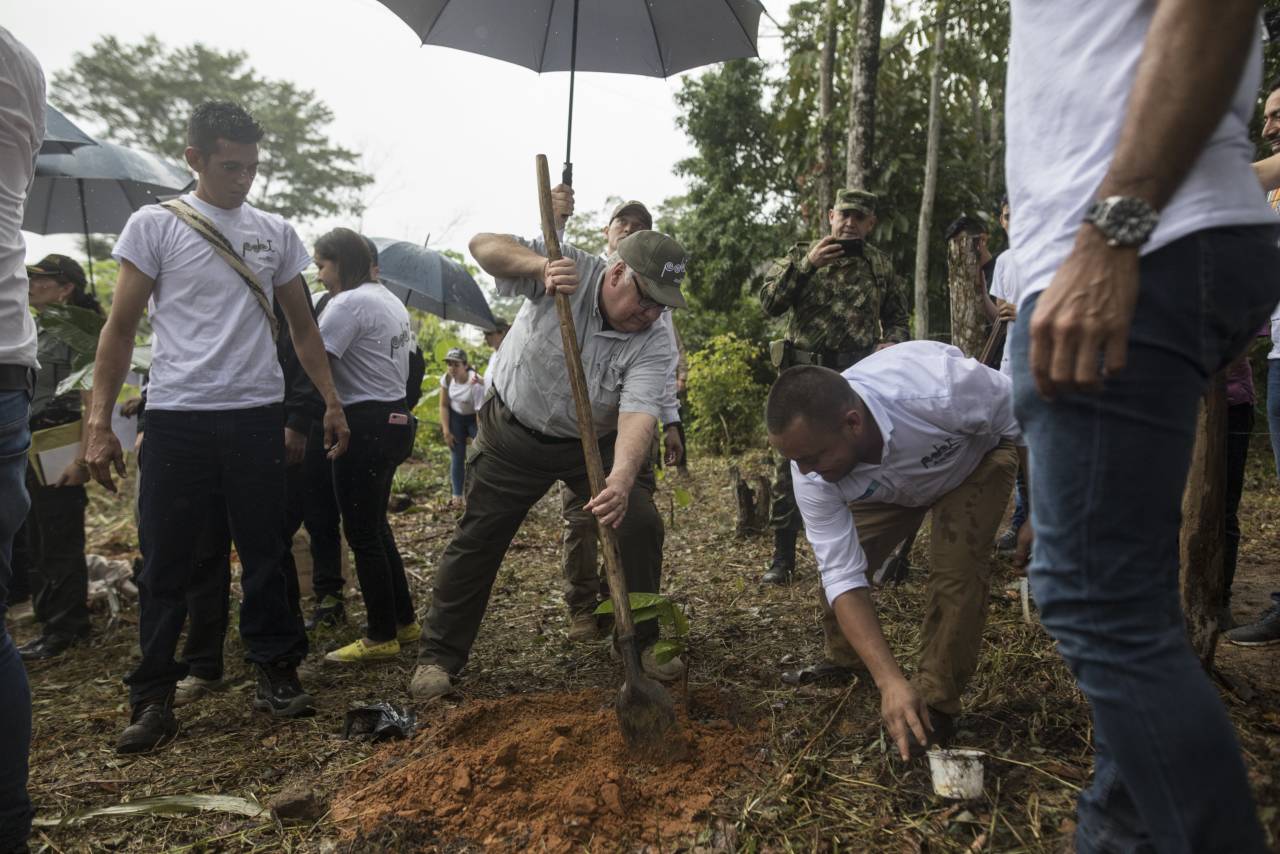Howard Buffett, the son of renowned investor Warren Buffett, is spearheading efforts to combat Colombia’s escalating cocaine trade. His initiatives focus on encouraging farmers to transition from illegal coca cultivation to legal agricultural practices. This strategy comes in response to the increasing challenges posed by the booming cocaine market in the region.
In Colombia, the cocaine trade has seen a significant resurgence, with coca cultivation reaching an estimated 245,000 hectares by 2022, according to the United Nations Office on Drugs and Crime. The rise in coca production has been attributed to various factors, including economic instability and limited opportunities for farmers. In light of this, Howard Buffett aims to provide viable alternatives that can benefit communities while reducing their reliance on illegal crops.
Transitioning Farmers to Legal Agriculture
Buffett has committed substantial resources to programs designed to assist farmers in making this critical transition. His organization, the Howard G. Buffett Foundation, is implementing projects that offer training, resources, and financial incentives to encourage the cultivation of legal crops. “We’re trying to chip away at it,” Buffett stated, emphasizing the foundation’s commitment to long-term change.
The foundation’s initiatives also address the socio-economic challenges faced by these farmers. Many are trapped in a cycle of poverty, making it difficult to abandon coca farming for more sustainable alternatives. By providing support for legal crops such as cacao and coffee, the foundation aims to create a more stable economic environment for these communities.
Buffett’s efforts align with broader international strategies to combat drug trafficking. The U.S. Department of State has identified Colombia as a priority in its International Narcotics Control Strategy, highlighting the need for comprehensive approaches that include economic development alongside enforcement measures.
Challenges and Progress in Colombia
Despite the foundation’s progress, challenges remain significant. The Colombian government has struggled to effectively implement policies that support farmers transitioning away from coca. Issues such as land tenure, violence from armed groups, and the allure of quick profits from cocaine production continue to complicate the situation.
In 2023, the Colombian government reported a slight decline in coca cultivation, but the overall figures still indicate a persistent problem. Howard Buffett remains optimistic about the potential for change, citing the importance of community engagement and collaboration with local leaders.
The efforts in Colombia reflect a growing recognition that addressing the drug trade requires more than just enforcement; it necessitates a holistic approach that considers the livelihoods of the people involved. By investing in sustainable agriculture, Buffett aims to provide a pathway for farmers to escape the grip of the cocaine trade.
As Howard Buffett continues his work, the impact of his initiatives remains to be seen. The complexities of Colombia’s drug trade require sustained commitment and innovative solutions. Through these programs, he hopes to foster a future where farmers can thrive without resorting to illegal activities, ultimately contributing to a safer and more stable Colombia.





































































